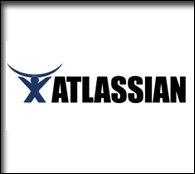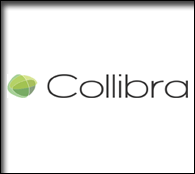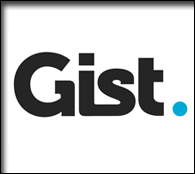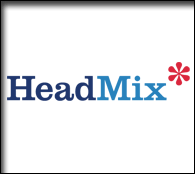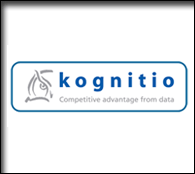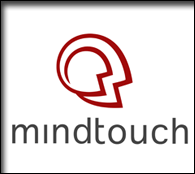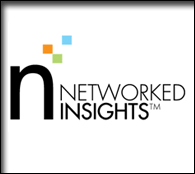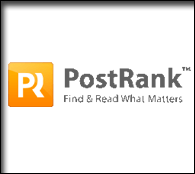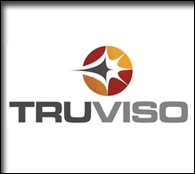The liminal state
by Eric Norlin on Sep.03, 2009, under Uncategorized
A few days ago, I posted about the chasm between “social media” and “enterprise 2.0″ - about the different messaging, models and modes of thinking, but all with what I think is common ground. Over the past few days, I’ve found myself in interesting conversations around “social CRM,” the collision of tools like twitter and email, and the general sense that we’re just not gonna get “there” by staying in within the “enterprise 2.0″ meme.
I know there’s a danger of this being perceived as me “talking my own book.” I mean, it’s no secret that the E2.0 conference is the week before Defrag, and that there’s some pretty significant crossover in our attendees, vendors, etc. But I can honestly say that 1) I’m not personally seeing any drop-off in defrag activity because of e2.0, and 2) even though the e2.0 conference folks have told me they don’t want to form a partnership because Defrag’s “a competitor” - I really don’t see it that way.
To my way of thinking (to borrow from Hilary), this is gonna take a village. And the interesting part of that village (for me), isn’t so much the town square, as it is the edge of the village. That area where the marginalized meet.
Somewhere out there at the intersection of village and wilderness, there are plenty of folks working on tools that really do bridge this social media/enterprise 2.0 barrier.
And so, it is with great interest that I’m following the rise of “new school” consultancies — specifically The Dachis Group and The Altimeter Group. Dachis has been in the news of late via acquisition, and Altimeter (whose founder, Charlene Li, keynoted Defrag last year — not that we’re ahead of the curve or anything) via some high profile hires.
Dachis’ term for all of this village/wilderness liminality is “social business design.” David Armano (of Dachis) has been doing some great blogging that begins to lay out their vision of where this all goes. Part of my job, as conference organizer, is not merely to reflect the trends (case studies), but to provide historical perspective and to push (and push and cajole and push) on the areas that need attention and should be furthered.
The historical areas are things I’m working on building out (and need your help with). Social Media’s roots go all the way back to email lists and personalization technologies. Collaboration’s (e2.0) roots extend clear back to VisiCalc. The ground between email communication and VisiCalc is the historical edge that we must (as a group) come to understand better. And I know that part of that happens via re-engaging around works like The Cluetrain Manifesto.
The “areas to be furthered” are so many as to be overwhelming. Let me give you one example that came up on a call today: the concept of twitter’s “open follow” and the importance of OAuth.
Most of you probably, at least implicitly understand, “open follow” — it’s the principle in twitter that says that you don’t have to know me to follow me. That principle is shared with email (I don’t have to know you to email you, I just have to know your email address). It’s a principle NOT shared (interestingly) by Facebook and LinkedIn.
OAuth is the protocol (familiar to developers, but maybe not to our e2.0/social media friends) that allows you to “authorize” an application to access certain portions of twitter’s API. I’d go so far as to say that the single most important enabler of Twitter as a social media platform is OAuth. Without it, everything just got 400 times harder (engineering-wise).
So what does the e2.0 crowd have to learn from this? Is the “open follow” mechanism in existence in e2.0 products in such a way that it enables cross-organizational boundary growth of collaboration? I don’t think so. How would you go about implementing such a thing? You guessed it - OAuth.
The future of “social business design” or whatever we want to call it, lies at the state of liminality - at the *threshold*. That’s where I’m keeping my focus. That’s where the interesting stories are going to get told.
I hope you’ll join us for the telling (early bird pricing ends tomorrow).
